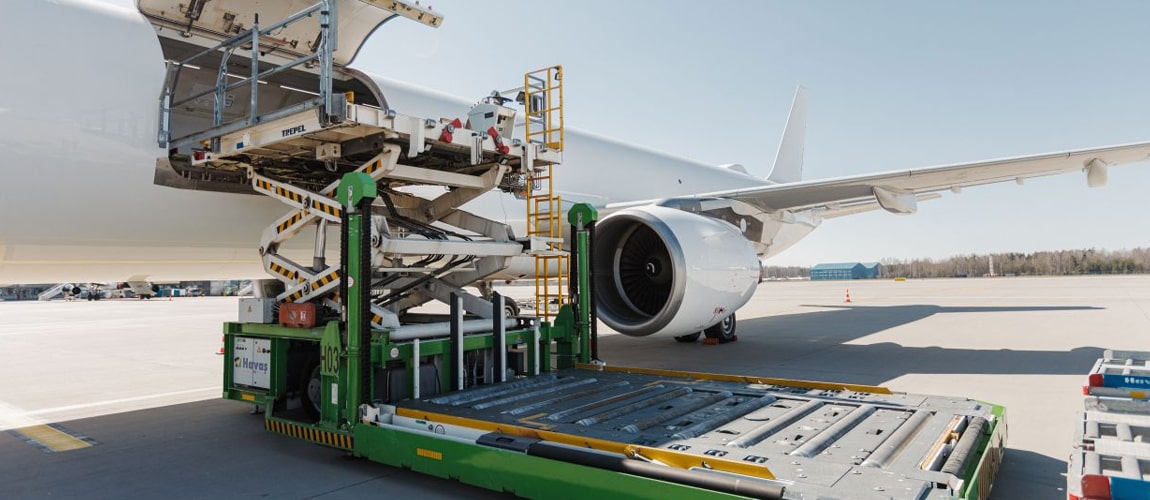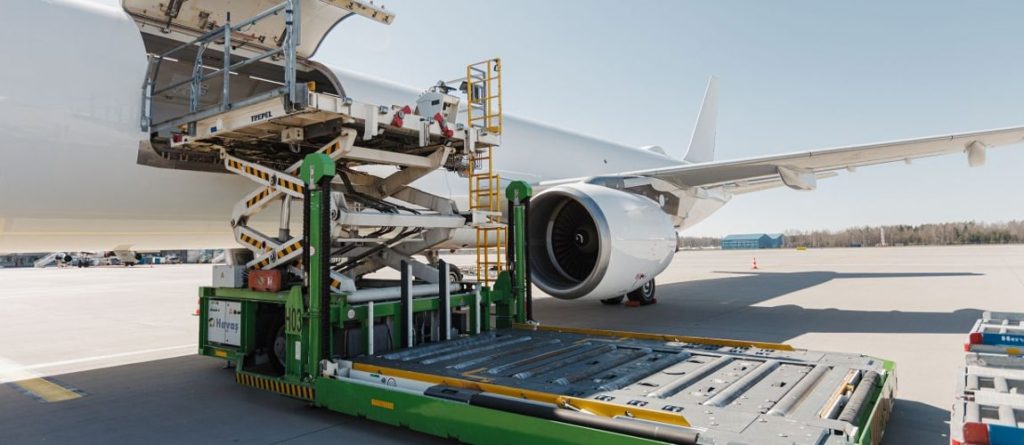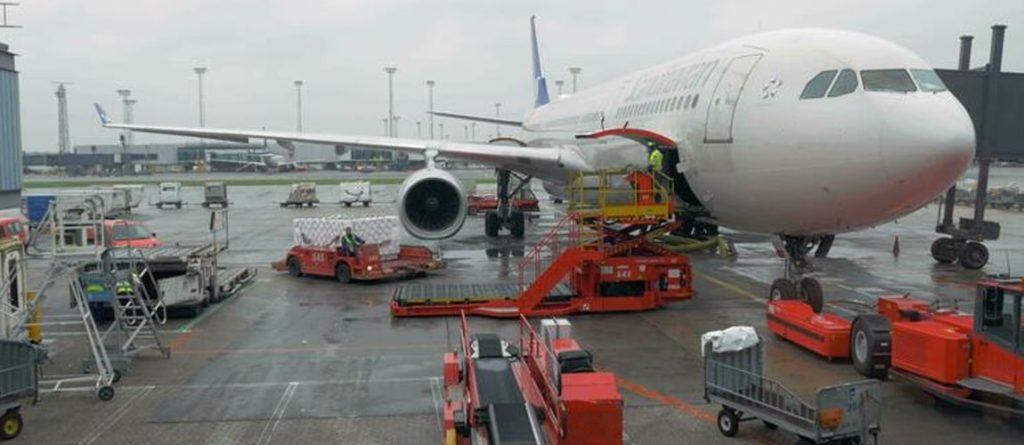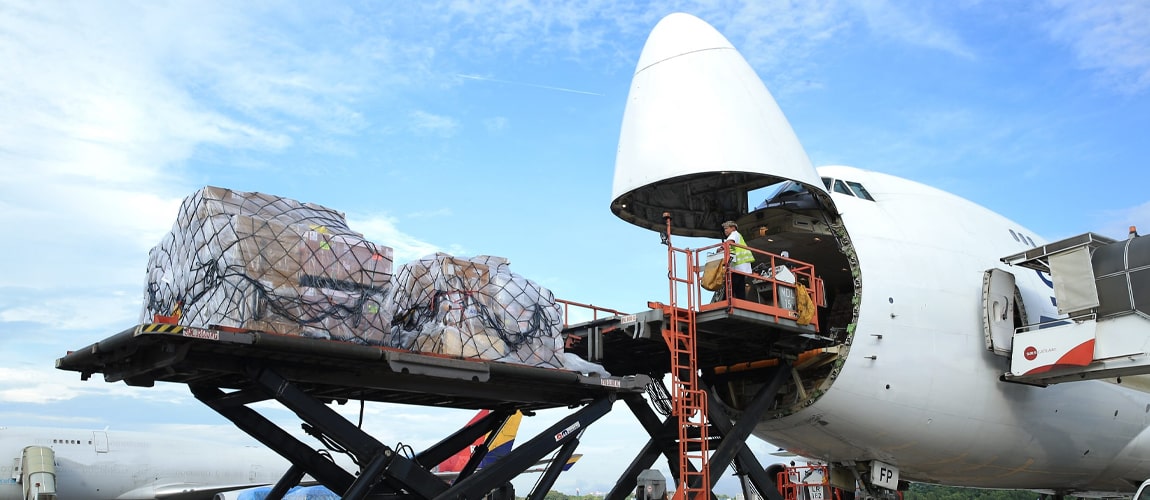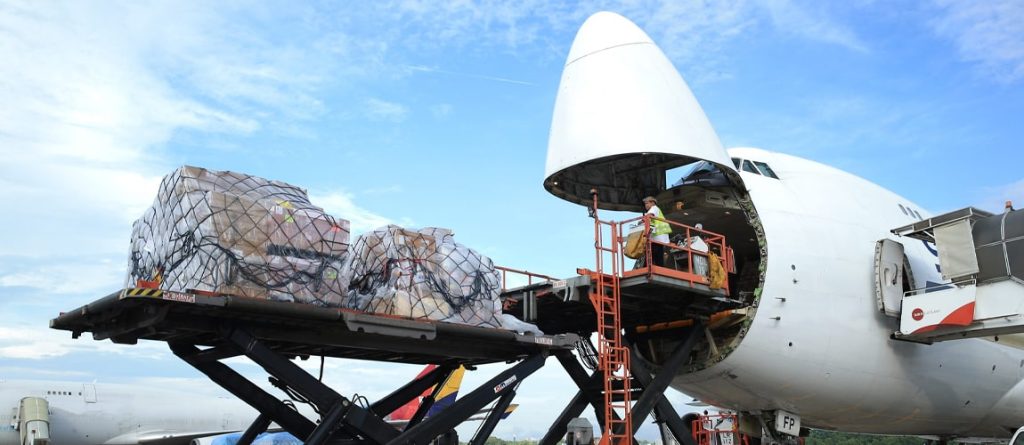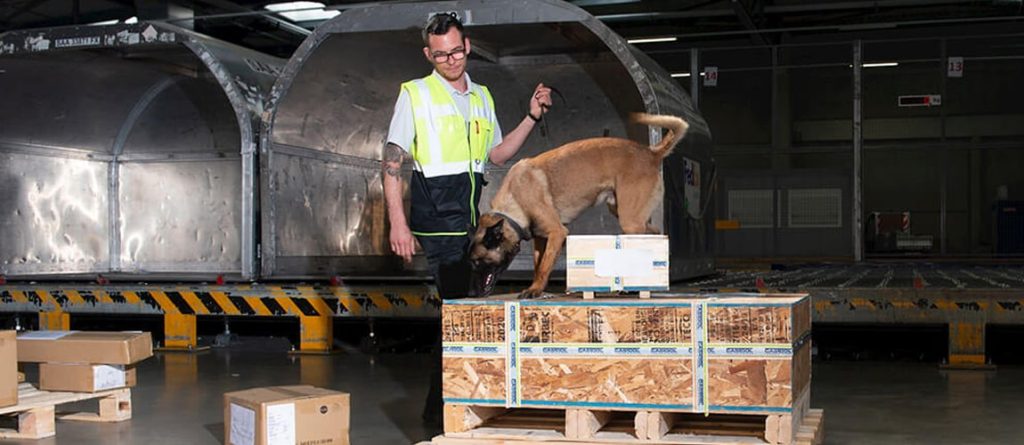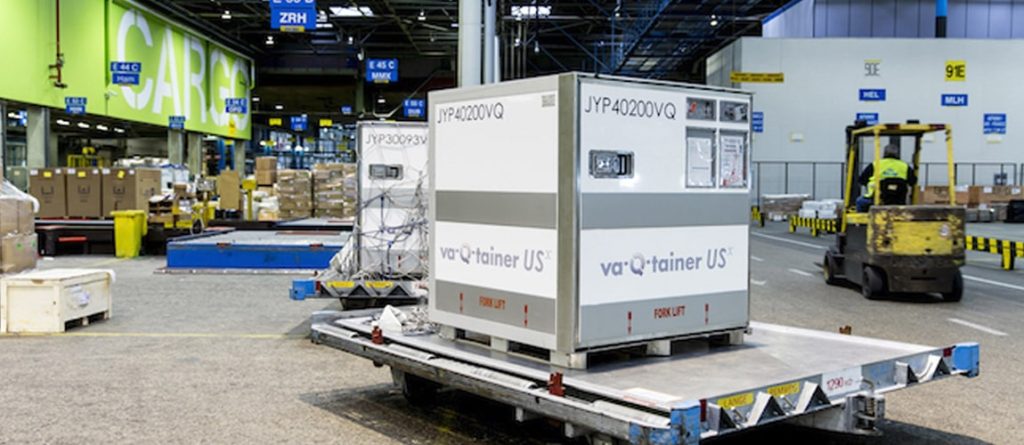Introduction
In a globalized world where commerce knows no boundaries, the role of cargo services has become more critical than ever before. As businesses seek to expand their reach across international markets, the quest for the best cargo services has intensified. This blog explores the strategies and innovations that industry leaders are employing to stay ahead in the war for the title of “Best Cargo Services.”
I. The Landscape of Cargo Services: An Evolving Battlefield

The world of cargo services has undergone a seismic shift over the years. To lead in this arena, one must understand the evolving landscape.
Rise of E-Commerce Giants
E-commerce giants have reshaped consumer expectations for speedy deliveries. The battle for the best cargo services often begins in the online shopping carts.
Sustainability as a Differentiator
Sustainability has moved to the forefront. The best cargo services today must not only be efficient but also eco-friendly.
Strategic Alliances: Forging Partnerships in Pursuit of Excellence
In the race to provide the best cargo services, industry leaders are forging strategic alliances that amplify their capabilities.
Collaboration with Airlines
Airlines play a pivotal role in cargo transportation. Leading cargo companies are forming strategic partnerships with airlines to ensure swift and reliable deliveries.
Global Network Expansion
Expanding global networks is a key strategy. This enables cargo services to reach even the most remote destinations efficiently.
III. Technology Adoption: Revolutionizing the Cargo Industry
The integration of cutting-edge technology is central to leading the war for the best cargo services.
Blockchain for Transparency
Blockchain technology is being employed to enhance transparency and traceability in the supply chain, a critical factor in gaining trust as a cargo service provider.
IoT and Real-time Tracking
The Internet of Things (IoT) facilitates real-time tracking of cargo, reducing the chances of loss or damage. This technology is becoming a hallmark of the best cargo services.
IV. Sustainability Initiatives: A Crucial Front in the Battle
Sustainability is not just a buzzword but a defining characteristic of the best cargo services.
Green Fuels and Energy-efficient Practices
The use of green fuels and energy-efficient practices is reducing the carbon footprint of cargo services. Leading companies are at the forefront of this change.
Eco-friendly Packaging Solutions
Sustainable packaging solutions are gaining prominence. Cargo service providers are opting for eco-friendly materials that reduce waste.
V. Customer-Centric Approach: Putting Clients First
Leading in the cargo industry means putting customers’ needs at the forefront of all operations.
Tailored Solutions for Different Industries
The best cargo services offer tailored solutions for various industries, recognizing that different sectors have unique shipping requirements.
Exceptional Customer Support
Exceptional customer support is a hallmark of cargo industry leaders. Providing round-the-clock assistance and proactive problem-solving ensures client satisfaction.
VI. Adaptability: Pivoting in a Changing World
Adaptability is a key attribute of the best cargo services. The ability to pivot and respond to changing circumstances is a strategic advantage.
Navigating Global Crises
Leading cargo services demonstrated their adaptability during global crises, such as the COVID-19 pandemic, by swiftly adjusting operations to meet new demands.
Diversification of Services
Cargo service leaders are diversifying their offerings, including last-mile delivery services, temperature-sensitive cargo handling, and more.
VII. Investing in Talent: The Human Factor in Cargo Excellence
Behind every successful cargo service is a team of dedicated professionals. Industry leaders recognize the importance of investing in talent.
Training and Skill Development
Continuous training and skill development programs ensure that the workforce remains at the forefront of industry best practices.
Innovation Culture
Fostering an innovation culture is vital. Cargo service leaders encourage their employees to think creatively and explore new solutions to age-old challenges.
VIII. Security and Compliance: Non-negotiable Aspects of Excellence
In the realm of cargo services, security and compliance are non-negotiable. Ensuring the safety of cargo and compliance with international regulations are top priorities.
Advanced Security Protocols
The best cargo services employ advanced security protocols to safeguard shipments from theft, damage, or tampering.
Compliance with International Standards
Compliance with international standards and regulations is a must. Cargo industry leaders leave no room for compromise when it comes to legal and ethical considerations.
IX. Competitive Pricing: Striking the Right Balance
While providing top-tier services, cargo industry leaders also understand the importance of competitive pricing.
Cost Optimization Strategies
Cost optimization strategies are employed to ensure that customers receive the best cargo services without breaking the bank.
X. The Future of Cargo Services: Staying Ahead of the Curve

The war for the title of “Best Cargo Services” is an ongoing battle that requires continuous innovation and adaptation.
Embracing Emerging Technologies
Cargo service leaders are constantly exploring emerging technologies, such as autonomous delivery vehicles and drone deliveries, to remain at the forefront of the industry.
Anticipating Global Trends
Anticipating global trends and shifts in consumer behavior is vital for staying ahead. Cargo industry leaders are proactive in recognizing and adapting to these changes.
Technological Evolution: A Catalyst for Cargo Excellence
Embracing cutting-edge technology is pivotal to leading the way in cargo services.
Blockchain for Supply Chain Transparency
Blockchain technology is revolutionizing supply chain transparency, ensuring trust and accountability—a hallmark of the best cargo services.
IoT and Real-time Tracking
The Internet of Things (IoT) enables real-time tracking of cargo, reducing the risk of loss or damage. This technology is fast becoming a distinguishing feature of top-tier cargo services.
Sustainability Initiatives: A Must-Have in the Arsenal
In the battle for superior cargo services, sustainability initiatives are a key weapon.
Eco-friendly Fuels and Energy-efficient Practices
The adoption of eco-friendly fuels and energy-efficient practices is reducing the carbon footprint of cargo services. Leading companies are taking significant steps in this direction.
Innovative Eco-conscious Packaging
Sustainable packaging solutions are in demand. Cargo service providers are opting for innovative, eco-conscious materials that minimize waste and environmental impact.
Customer-Centric Approach: Elevating the Customer Experience
To provide the best cargo services, one must prioritize the customer experience.
Tailored Solutions for Industry-Specific Needs
Recognizing that different industries have unique shipping requirements, cargo service leaders offer tailored solutions that address specific needs effectively.
Exceptional Customer Support
Exceptional customer support is a hallmark of cargo industry leaders. Providing round-the-clock assistance and proactive issue resolution ensures client satisfaction.
Adaptability: Navigating the Shifting Tides
Adaptability is a key attribute of the best cargo services. The ability to pivot and respond to changing circumstances is a strategic advantage.
Crisis Management and Resilience
Leading cargo services have demonstrated their adaptability during global crises, such as the COVID-19 pandemic, by swiftly adjusting operations to meet new demands.
Diversification of Service Offerings
Cargo service leaders are diversifying their offerings, including last-mile delivery services, temperature-sensitive cargo handling, and more, to stay ahead of evolving market needs.
Investment in Talent: The Human Element of Excellence
Behind every successful cargo service is a dedicated team. Industry leaders recognize the importance of investing in talent.
Continuous Training and Skill Enhancement
Ongoing training and skill enhancement programs ensure that the workforce remains at the forefront of industry best practices.
Nurturing an Innovation Culture
Fostering an innovation culture is vital. Cargo service leaders encourage their employees to think creatively and explore novel solutions to age-old challenges.
Security and Compliance: Pillars of Trust
In the world of cargo services, security and compliance are foundational. Ensuring the safety of cargo and adherence to international regulations are paramount.
Advanced Security Measures
The best cargo services implement advanced security protocols to safeguard shipments from theft, damage, or tampering.
Strict Adherence to International Standards
Adherence to international standards and regulations is non-negotiable. Cargo industry leaders leave no room for compromise when it comes to legal and ethical considerations.
Competitive Pricing: Balancing Excellence and Affordability
While offering top-tier services, cargo industry leaders also understand the importance of competitive pricing.
Strategies for Cost Optimization
Cost optimization strategies are employed to ensure that customers receive the best cargo services without exceeding their budgetary constraints.
Anticipating the Future: Shaping Tomorrow’s Cargo Services
The quest for superiority in cargo services is ongoing and forward-looking. The ability to anticipate and shape the future is a hallmark of industry leaders.
Embracing Emerging Technologies
Leading cargo services are at the forefront of exploring emerging technologies such as autonomous delivery vehicles and drone deliveries to remain pioneers in the field.
Anticipating Global Trends
Staying ahead involves anticipating global trends and shifts in consumer behavior. Cargo industry leaders are proactive in recognizing and adapting to these changes.

 07424380227
07424380227
